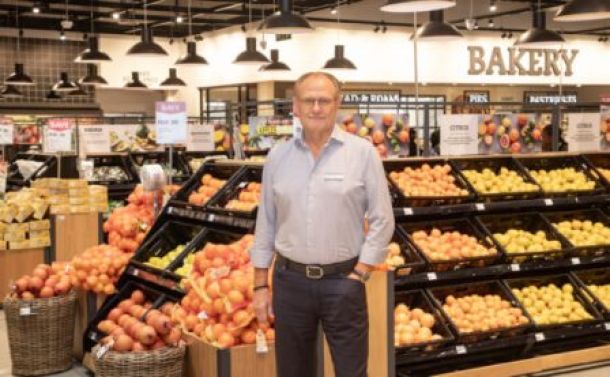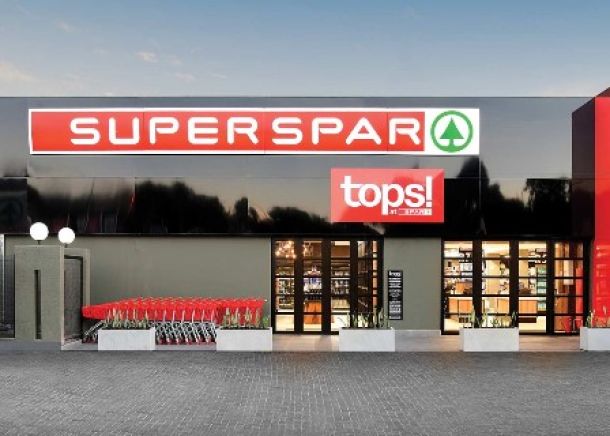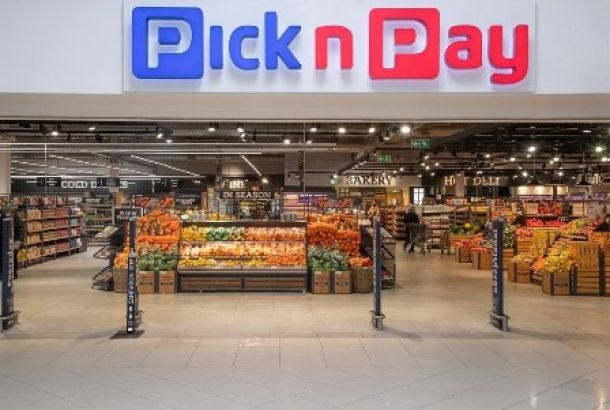Food retailers score from the lockdown, report shows
Competition Commission expresses concern over inflation of meat prices across the board
The nationwide lockdown spelt empty pockets for many South Africans as informal and formal businesses shut down and jobs were shed. But for those in the food retail business, lockdown has brought home the bacon.
This is according to the latest Essential Food Pricing Monitoring Report, prepared by the Competition Commission, which concluded that “[food] retailers in particular benefited financially from the lockdown”.
The reason, the researchers’ analysis found, was because more people prepared food at home and thus bought the necessary groceries to do so.
“The introduction of the national lockdown saw panic buying behaviour and a switching of consumption from restaurants and other food services prohibited under lockdown to home prepared food,” according to the report. “This would be expected to result in increased demand at the retail level given the shift in consumption patterns, which would, in turn, see increased volume at both the retail and wholesale levels.”
Apart from the Massmart Group of stores, all retailers either reported increased sales volumes growth or sales revenue growth (and both in some instances) in their latest financial statements, the researchers found.
The food division of Woolworths, with its well-heeled customer base that could absorb the shock of the lockdown, saw increased sales revenue growth of 10.7% for the year and 13.3% revenue growth in the second half of the financial year.
This period coincides with the lockdown, and the report says that Woolworths’s “higher revenue growth in this period” was a result of a shift in consumption patterns.
Other retailers saw an increase in revenue margins of between 2% and 9%.
Another trend the report looked at was its “concerns around conduct of retailers over the lockdown” as prices of certain basic items increased out of proportion to wholesale prices. Meat in particular was of concern.
“Barring some exceptions, across the different meats wholesale prices have largely remained stable even with the introduction of the national lockdown, while there were increases in retail prices entering into lockdown, especially for chicken, beef, pork and lamb/mutton,” according to the report.
The researchers’ assessment of meat “shows that the pandemic and lockdown had a significant effect with clear market disruption evident”.
The gap between retail and wholesale prices for a number of products is “yet to return to pre-lockdown levels”, with retailers clearly being reluctant to pass on savings to the consumer.
On the other side, staples such as potatoes and onions did not raise concerns of the researchers.
With parts of the country now immersed in, or hurtling towards, a second wave, many are wondering if another lockdown might ensue.
If that happens, Woolworths and other food retailers might be the only ones with something financial to celebrate.
News Category
- International retailers
- On the move
- Awards and achievements
- Legislation
- Wine and liquor
- Africa
- Going green
- Supplier news
- Research tools
- Retailer trading results
- Supply chain
- Innovation and technology
- Economic factors
- Crime and security
- Store Openings
- Marketing and Promotions
- Social Responsibility
- Brand Press Office
Related Articles

Pick n Pay plunges 16% on JSE as stock adjusts ...

SPAR suffering from a hangover

Pain for Pick n Pay

Pick n Pay disaster


